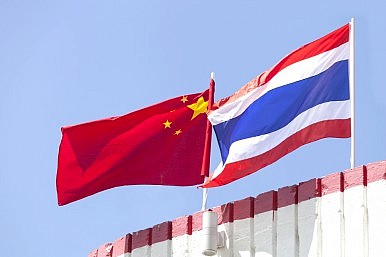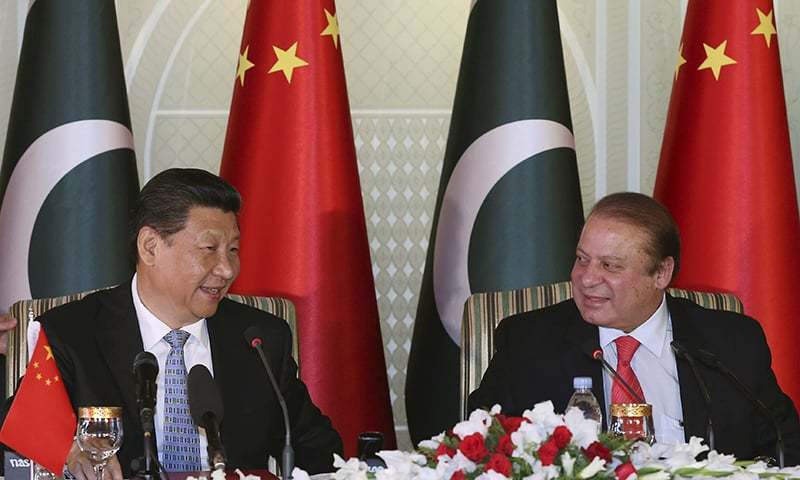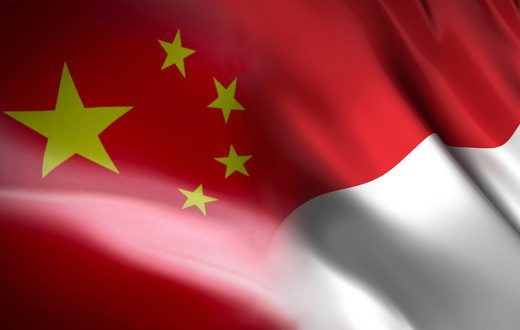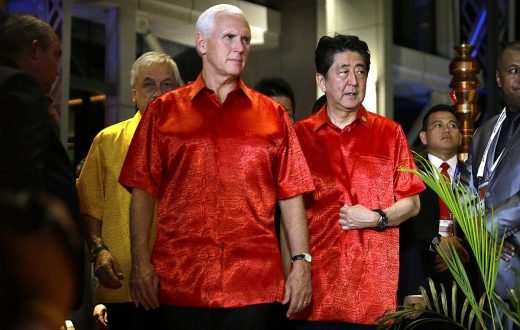Bilateral relations between the People’s Republic of China and the Kingdom of Thailand span over forty years. Cooperation in all fields continues to move forward steadily: economic partnership, educational and historical cultural coadjuvancy set in motion military aid and, explains the significancy of the bamboo policy in South Asia, specially in Thailand.
The Bamboo Curtain has never been so permeable
Communist Asia metonym for the European’s “Iron Curtain” was a political demarcation during the Cold War dividing Asia into different political and economical geographical areas. Even-though Thailand was not properly part of the physical curtain, its border with Burma enhanced Thailand’s geopolitical importance as China’s strategic plan is to lift up the curtain to go further in this geopolitical canvas. Once, the Thai royal family and military elite, were not as keen as they seem now to build relations with the Chinese regime -there is proof of the Thai cavalry supporting hill tribes fighting pro-Chinese-. Thailand strength later on was based in the Southeast Asia Treaty Organization, created following the Truman Doctrine. It was meant to block Communists in Southeast Asia, and so being an effective leverage tool for Thailand in foreign policy issues.
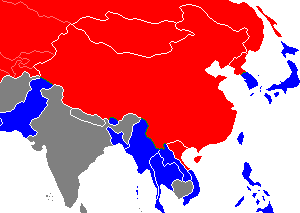
Nowadays, the Thai regime is relaying on China’s investment facilities and dynamic to intensify the economic development of the region. This permeability is made possible as a result of the diplomatic enlargement of the Zhōngguó, central state in Chinese, during recent years. The Bamboo Network won over the international organization for collective defense when this later ended in 1977. Since then, Thailand is playing a key role as China’s hub for the Bamboo Network in the Association of Southeast Asian Nations and all of Southeast Asia.
The Bamboo Network has always been historically profitable in Thailand
The Bamboo Network is the conceptualization of the contact of Chinese businesses that animates the Overseas Chinese community all over South Asia. Thailand is, historically, the region with the most significant Overseas Chinese population. During the Mongol invasion of China in the 13th century, the local people went down to the South and founded the Sukothai Kingdom, in what is today the northern part of modern Thailand, where the crumpling Angkor Kingdom dwelled. Back at that time the Chinese where approximately a million in all the Thai area. At this moment, the descendants are counted up to more than 10 millions.
Regional power competition is suitable for both China and Thailand
Concerning what could be seen as regional power competition, Thailand’s legacy is to remain on a pragmatic basis with external powers. Being lured into Pekin’s orbit, Thailand is acquainted with its position regards China and knows how to circulate, almost as if the regime was deftly circumventing Chinese power in a perfectly determined radius that gives carte blanche to spread Thai’s power without vying against China. There lays the smart move on external relations both by China and Thailand, an expansion that doesn’t collide but cooperates onwards, boosting the development of economic and cultural relations. A well balanced bilateral structure of successive collaboration unfolds the construction of much needed infrastructures as deepwater ports, highways and energy pipelines that will in turn be source of industrialization and therefore economic development. Regional power aligns both China and Thailand economical outlooks, channelling the confucian inherited pragmatism shared by both regimes.
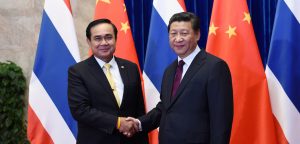
The Bamboo Network, presented as it is in China and Thailand, suggests that cultural economics, the branch of economics that takes into consideration cultural trajectories as the bedrock of decision making, may be a key area when studying international relations, economic development and regional power competition.

